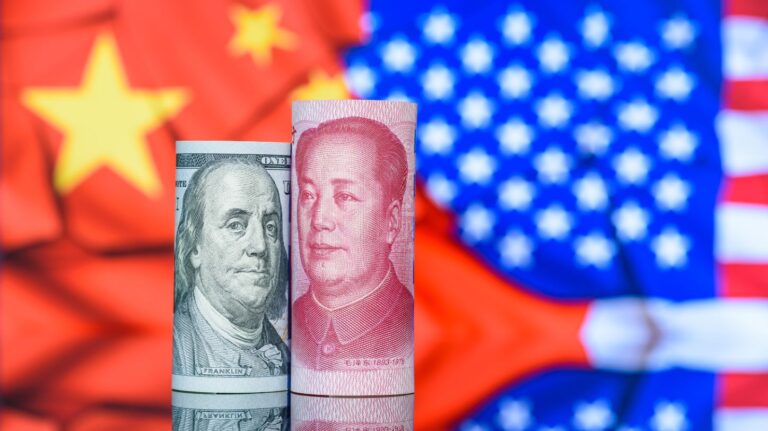On 12 May 2025, it was announced that – following talks in Switzerland – the US and China would reduce the rate of the tit-for-tat tariffs that were introduced over the past few months as the trade war between the two countries escalated.
The US confirmed it would lower the tariffs on imports from China to 30% from the previous 145%, while China agreed to cut its retaliatory tariffs on the import of US goods to 10%, down from 125%.
But for some of the world’s largest companies, the impact of these tariffs and counter-tariffs have already been felt, and their supply chains have adapted accordingly.
One such company is technology giant Apple, which – according to CEO Tim Cook – will now manufacture most goods bound for the US in India or Vietnam, rather than China.
Furthermore, multiple reports this week have claimed that Foxconn, Apple’s biggest contract manufacturer, is preparing to open a US$1.5 billion, 300-acre Apple manufacturing plant in India.
Speaking in Qatar earlier this month, US president Donald Trump claimed that he’d spoken with Cook regarding this decision, telling him: “I don’t want you building in India.”
Apple isn’t the only major brand to be affected by the tariffs. According to reports from BBC News, most Nike shoes currently priced over US$100 are likely to rise in price by as much as $10 in the US by June.
Although Nike hasn’t directly attributed this price hike to the tariffs, its competitor Adidas has said that Trump’s tariffs would lead to higher prices for Adidas products in the US.







